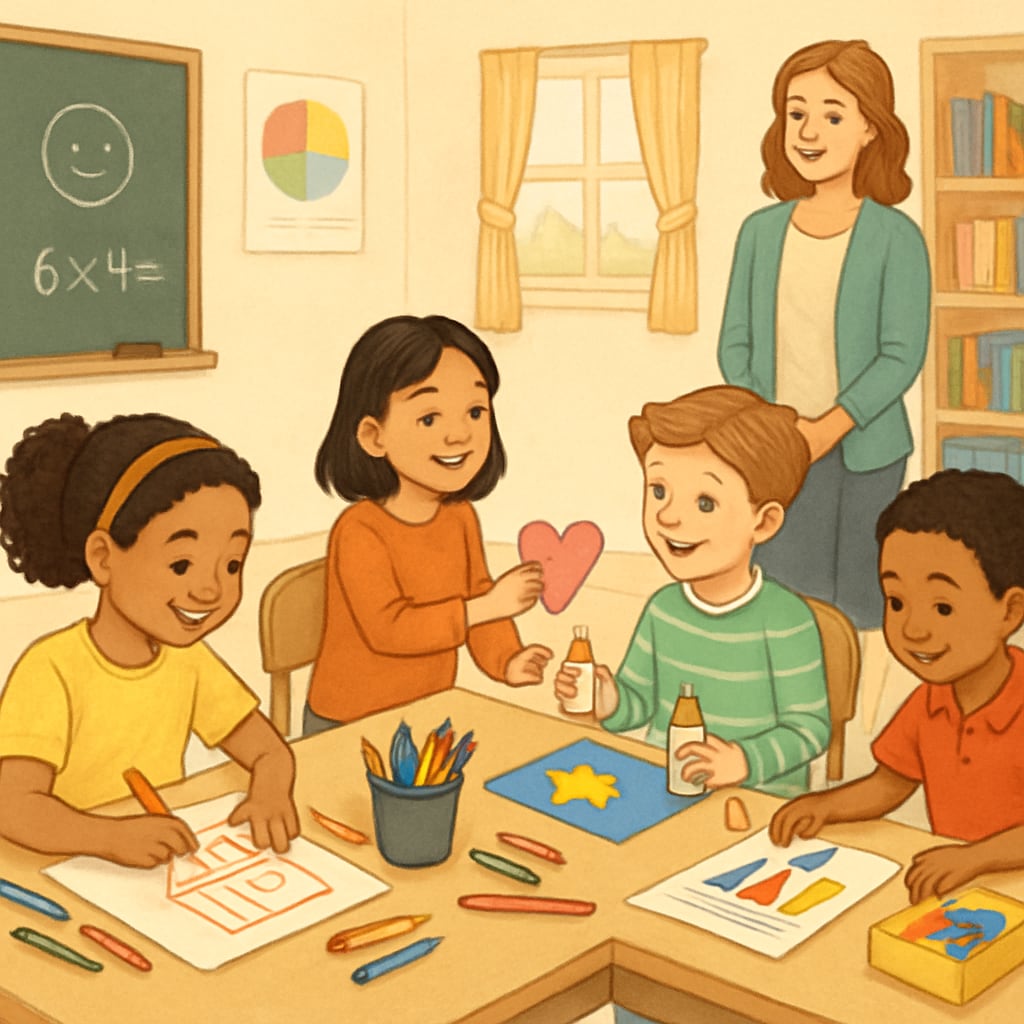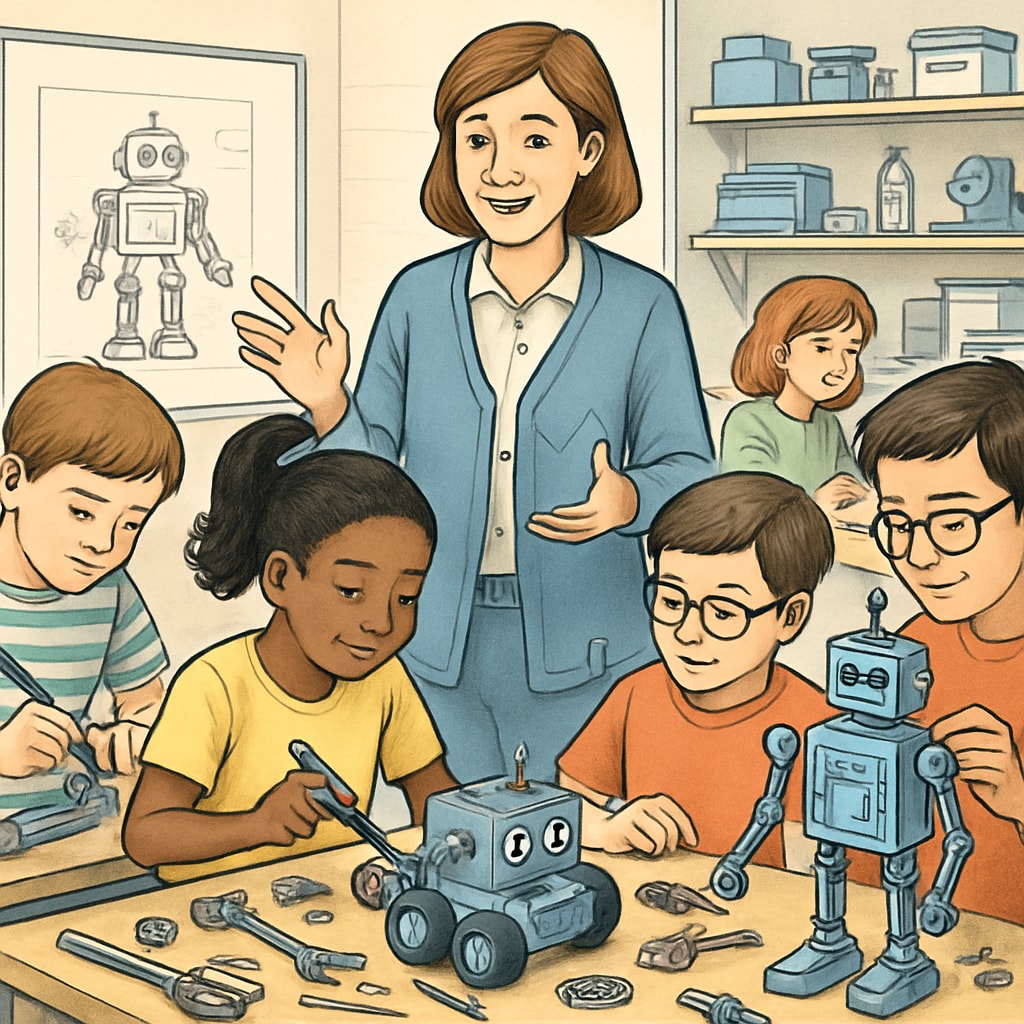The rapid advancement of artificial intelligence (AI) is reshaping the landscape of higher education and future career prospects. Parents and educators are increasingly concerned about how traditional education systems can remain relevant in a world where machines outperform humans in many technical tasks. In this article, we’ll explore how K12 education can adapt to equip children with skills like critical thinking, creativity, and emotional intelligence—abilities that AI struggles to replicate—and help families and schools prepare for what lies ahead.
Why AI Challenges the Value of Higher Education
Artificial intelligence already automates tasks once thought to require human intelligence, from data analysis to creative processes like writing and designing. As a result, many traditional career paths are being disrupted, and the value of higher education is being questioned. Why invest years in a degree program when AI tools can perform many job functions faster and cheaper?
For example, fields like accounting, programming, and even law are seeing automation take over repetitive tasks. While specialized knowledge may still be required, AI’s capabilities are narrowing the skill gap between entry-level graduates and seasoned professionals. Artificial intelligence on Britannica offers an overview of how AI is transforming industries worldwide.

How K12 Education Can Prepare Kids for the AI Era
To remain relevant in an AI-driven world, K12 education must go beyond rote learning and standardized testing. The focus should shift toward developing skills and traits that machines cannot easily emulate. Here are three key areas K12 education should prioritize:
- Critical Thinking: Encouraging students to analyze problems, evaluate evidence, and make reasoned decisions prepares them to adapt to complex, unpredictable scenarios.
- Creativity: Activities like art, music, and innovative STEM projects foster original thinking, which is essential for fields requiring human ingenuity.
- Emotional Intelligence: AI lacks empathy and social skills, making interpersonal abilities vital for leadership, collaboration, and customer-facing roles.
Additionally, integrating AI literacy into curricula can help students understand its capabilities and limitations. For example, learning to use AI tools responsibly and ethically can position them as future innovators rather than passive users.

Redefining Career Preparation in the Age of AI
As AI continues to evolve, career preparation must also change. Schools and parents should emphasize lifelong learning and adaptability. Even college degrees may need to pivot toward interdisciplinary studies that combine technical expertise with soft skills.
For example, professions in healthcare, education, and social work rely heavily on human empathy and judgment—qualities AI cannot fully replicate. Meanwhile, emerging fields like AI ethics and human-machine collaboration are creating opportunities for roles that blend technical knowledge with philosophical insight. Education on Wikipedia provides additional insights into how curricula are evolving to meet modern challenges.
Parents can help by encouraging extracurricular activities that build resilience and curiosity. Exposing children to diverse experiences—whether through volunteering, travel, or creative hobbies—can nurture the adaptability needed for future careers.
Readability guidance: Use short paragraphs and lists to summarize key points. Ensure that each section transitions smoothly with phrases like “however,” “in addition,” or “as a result.” Focus on clarity and engagement to keep readers informed without overwhelming them.


